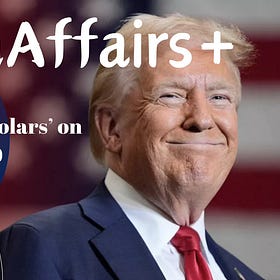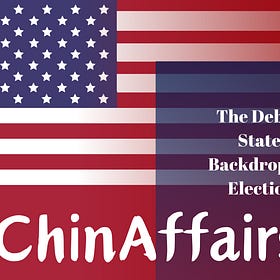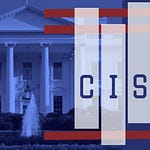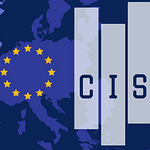Donald Trump was sworn in as the 47th president of the United States earlier today, ushering in his second term in office. What shall we expect in terms of challenges, opportunities and potential risks in China-U.S. relations under Trump 2.0.?How can both sides proactively address the upcoming challenges?
In this episode produced by China Forum, Center for International Security and Strategy (CISS) of Tsinghua University, five experts have a panel discussion on the implications of Trump’s second term for China-U.S. relations. They are Professor Da Wei ,Director of CISS; Ms.Xiao Qian, Deputy Director of CISS; Mr.Zhou Bo, Senior Fellow of CISS; Professor Gong Jiong from University of International Business and Economics and Professor Xie Tao, Dean of the School of International Relations and Diplomacy at Beijing Foreign Studies University.
In this segment, you will hear Professor Da Wei share his views on the trajectory of U.S. domestic politics. He points out that Trump’s reelection would signify that more Americans are choosing to support Trump’s “American path,” and we may also witness a regression in globalization led by Western countries. Xie Tao believes that Trump’s return is unexpected, as for many, Trump’s policies represent a kind of “ending.” We may also see a stronger wave of populism. Zhou Bo argues that many of Trump’s unilateral actions may not come to fruition, and a U.S. completely decoupled from China will still find itself struggling to address many hotspot issues on its own. Gong Jiong notes that Trump’s policies have profound domestic and international implications, and how Trump wields the “policy stick” to engage in dealings with China will be worth observing. Deputy Director Xiao Qian believes that China-U.S. cultural exchanges may face greater challenges during Trump’s second term, but China’s commitment to the foundation of China-U.S. relations in people-to-people exchanges will remain unchanged.
Overall, China and U.S. should continue to enhance communication, avoid confrontation, and rebuild trust. By seeking opportunities for cooperation in areas such as climate change and artificial intelligence and fostering multi-level bilateral and people-to-people exchanges, the prospects for development between the two countries remain bright.
DA Wei on the U.S. Debates on “End State” of its China Policy
Welcome to the 18th edition of our weekly newsletter! ChinAffairs+ is a weekly newsletter that shares Chinese academic articles focused on topics such as China’s foreign policy, China-U.S. relations, China-European relations, and more. This newsletter was co-founded by me and my research assistant, ZHANG Xueyu. I am SUN Chenghao,
















Share this post